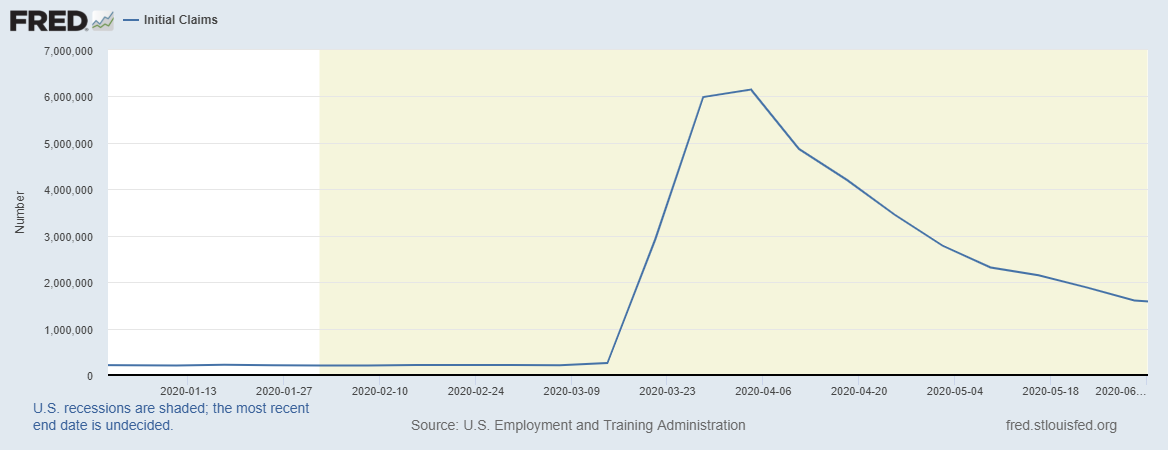Automatic Stabilisers and Expansionary Fiscal Policy
Governments utilise a mix of spending and taxation to meet economic objectives. This is typically referred to as fiscal policy and is used to affect the level of aggregate demand in an economy. Governments will also use fiscal policy to aid in with wealth distribution and to allocate resources to the various sectors of an economy.
Fiscal policy may be expansionary or contractionary and depends on the goals and objectives that the government wishes to achieve. An expansionary policy would be used to boost aggregate demand. Consider:
- Lowering the income tax rate to boost personal disposable income. This, to drive an increase in consumption.
- Cutting sales tax so that goods are cheaper, which will also contribute to economic consumption.
- Lowering corporate tax rates in an effort to boost business investment.
- Raising government spending to promote growth e.g. infrastructure.
These are just a few policies that may be used by a government in an effort to purse an expansionary fiscal policy. The policy decided upon will be considered alongside other key variables, such as the phase of the economic cycle, unemployment, inflation level, etc.
Automatic Stabilisers
An interesting aspect to fiscal policy is the concept of the automatic stabiliser. Consider a situation where economic conditions slow markedly and unemployment rises. In such a case, economies generally have built in stabilisers where government spending is automatically increased and taxation levels reduced. In other words, the response to such a shock is an automatic initiation of expansionary fiscal policy.
The stabiliser is triggered by the rising unemployment. As more people find themselves without a salary, tax levels automatically begin to reduce. At the same time the unemployed start filing for social benefits and unemployment claims, which are paid for by the government i.e. government spending increases.
This automatic response has a smoothing effect and dampens the economic fluctuations caused by the shock. Importantly, this response is independent of discretionary fiscal policy.
The Covid Shock
As the shock of the covid pandemic reverberated globally, automatic stabilisers played an important role in reducing its effect. U-6 is the broadest category of unemployment in USA and is considered as the true rate of unemployment. It includes the unemployed, underemployed and discouraged workers.
As the pandemic unfolded, the economic ramifications and shock were nothing short of astounding. U-6 climbed to 22.9% in April 2020. This, from 7% in February of the same year. At the same time, initial unemployment claims accelerated from approximately 216,000 in February 2020 to 6,149,000 in April. The automatic stabilisers had kicked in and a reflex expansion in fiscal policy had started in an effort to check the economic effects of the pandemic.
This gave the monetary and government policy makers time to implement discretionary policies to help deal with the shock. The scale of the economic harm resulting from the pandemic has been enormous and exceptionally damaging, but without the automatic stabilisers it is likely to have been much worse.
Russell Shor
Senior Market Specialist
Russell Shor joined FXCM in October 2017 as a Senior Market Specialist. He is a certified FMVA® and has an Honours Degree in Economics from the University of South Africa. Russell is a full member of the Society of Technical Analysts in the United Kingdom. With over 20 years of financial markets experience, his analysis is of a high standard and quality.




Any opinions, news, research, analyses, prices, other information, or links to third-party sites contained on this website are provided on an "as-is" basis, as general market commentary and do not constitute investment advice. The market commentary has not been prepared in accordance with legal requirements designed to promote the independence of investment research, and it is therefore not subject to any prohibition on dealing ahead of dissemination. Although this commentary is not produced by an independent source, FXCM takes all sufficient steps to eliminate or prevent any conflicts of interests arising out of the production and dissemination of this communication. The employees of FXCM commit to acting in the clients' best interests and represent their views without misleading, deceiving, or otherwise impairing the clients' ability to make informed investment decisions. For more information about the FXCM's internal organizational and administrative arrangements for the prevention of conflicts, please refer to the Firms' Managing Conflicts Policy. Please ensure that you read and understand our Full Disclaimer and Liability provision concerning the foregoing Information, which can be accessed here.